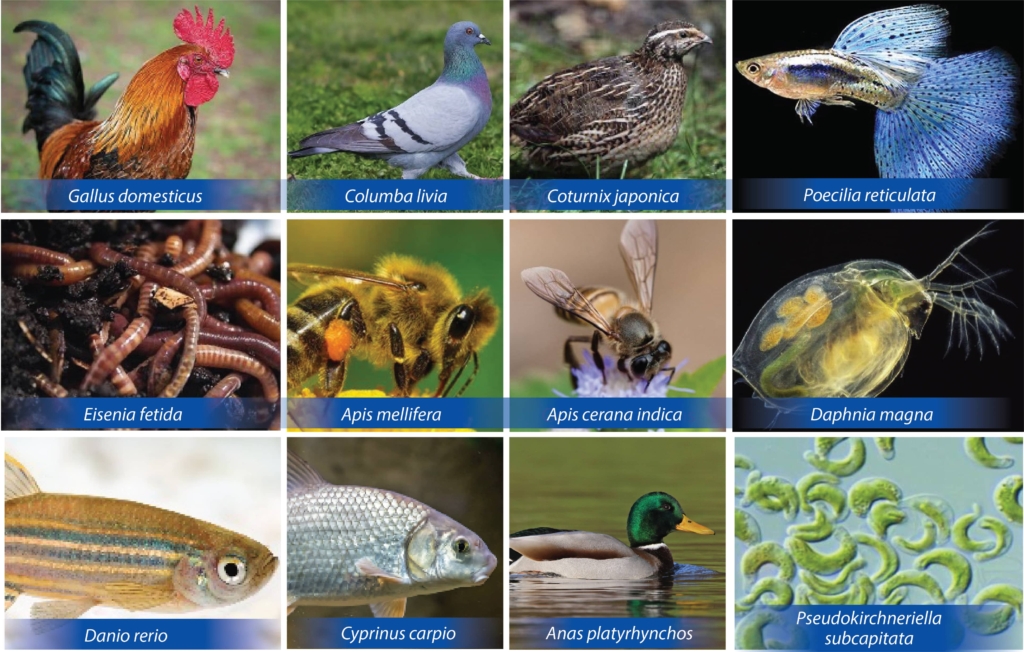

In order to meet the regulatory requirements for agrochemicals, industrial chemicals, and human and veterinary pharmaceuticals, comprehensive aquatic ecotoxicology data plays a vital role in Environmental Risk/Impact Assessments (ERA and EIA). Intox provides a diverse range of aquatic ecotoxicology tests, encompassing the following:
Diversity of terrestrial organisms – plants, invertebrates, and vertebrates – living in and on the soil makes hazard assessment of a chemical on a terrestrial environment critical and more complex. Our terrestrial ecotoxicology tests include

